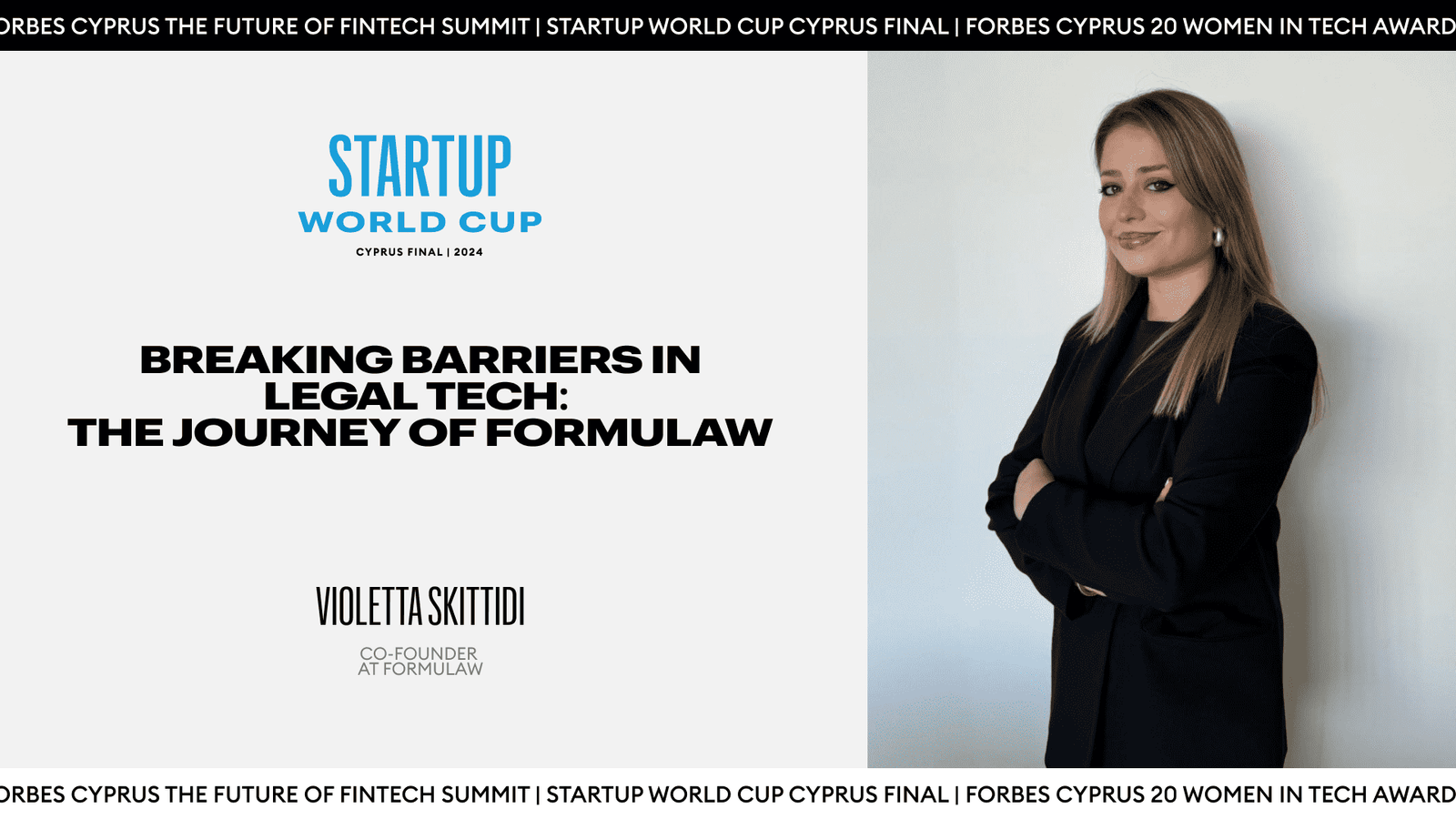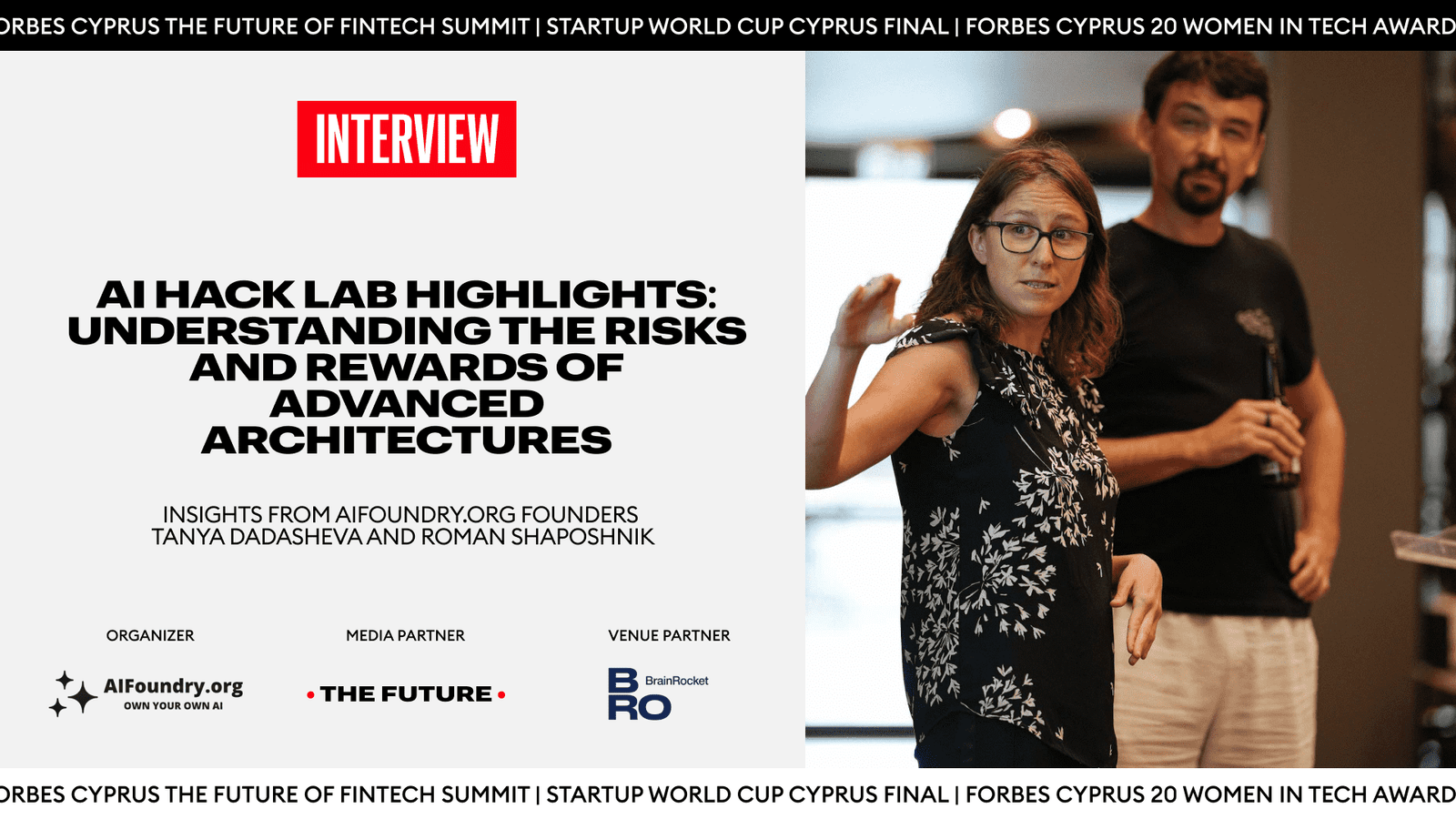Global innovation and entrepreneurship, are two fields highly dynamic, and the Israeli startup ecosystem stands tall as a formidable force. Boasting approximately 9,000 startups, 900 venture capital funds, 500 international corporations, and nearly 500 incubators and accelerators, Israel is a thriving hub of creativity and ingenuity. According to the esteemed Global Innovation Index, Israel leads the pack in critical innovation metrics, including Innovation Linkages, Gross Expenditure on R&D as a percentage of GDP, and University-Industry R&D Collaboration.
Such accolades underscore Israel’s prowess in fostering collaborative environments that drive groundbreaking advancements. In the latest iteration of the Global Startup Ecosystem Index, Israel clinches the prestigious third spot, further cementing its status as a premier destination for entrepreneurial ventures. This ranking reflects the ecosystem’s robust foundation and its ability to nurture innovation on a global scale.
Despite facing formidable challenges such as war, political instability, and economic turmoil in 2023, Israeli startups exhibited exceptional resilience and growth. Drawing in a staggering $7 billion in investments and generating over $10.5 billion from exits during the year, they showcased their unwavering determination and potential for success. This remarkable performance underscores Israel’s pivotal role in shaping the global innovation landscape.
With its distinctive blend of technological expertise, entrepreneurial zeal, and robust support infrastructure, Israel continues to captivate investors and innovators alike. Moreover, Israel’s ability to thrive amidst adversity underscores its significance as a breeding ground for corporate innovations. Its unwavering momentum positions it as a frontrunner in the global technology sector, poised to lead the way in driving transformative change and shaping the future of innovation worldwide.
One of the key players in the Israeli tech scene is Gadi Isaev, Managing General Partner at VentureIsrael and a person with over 12 years of integral involvement in the Israeli startup ecosystem. He has been at the forefront of fostering innovation and entrepreneurship in one of the world’s most dynamic tech landscapes. In 2012, he co-founded the Jerusalem Startup Hub, marking the inception of the first innovation centre in Jerusalem dedicated to nurturing early-stage startups. His commitment to bridging the gap between international investors and the Israeli venture market led him to co-found JSCapital in 2013, an investment advisory firm that has since become a significant player in the region.
In 2020, Gadi expanded his influence in the tech scene by co-founding VentureIsrael, an early-stage deep tech fund. Remarkably, VentureIsrael emerged as the seventh most active venture fund in Israel in its vintage year. Beyond his investment success, Gadi is deeply committed to social initiatives within Israel, including The Israeli Association for Ethics in AI, reflecting his dedication to responsible and ethical technological advancement.
In the first part of his interview, Gadi explains the mindset behind the startups in the Israeli ecosystem, through his experience, the trends towards the B2B market and the case of pitch competitions.
Background and Ecosystem Overview
Can you describe your journey within the Israeli startup ecosystem and how it has evolved over the years?
Our journey in the Israeli startup ecosystem began in 2012 when my partners and I launched the Jerusalem Startup Hub, the first innovation centre of its kind in Jerusalem. A year later, we established JSCapital, an investment advisory firm that bridged international investors with the Israeli startup market. By 2020, amidst the COVID-19 pandemic, we founded VentureIsrael, a venture capital fund investing in early-stage Israeli deep tech startups, recognized as the 7th most active VC in Israel in its vintage year.
Over the years, we’ve witnessed the remarkable evolution of Israel’s innovation ecosystem. In a decade, Israeli companies have attracted over $100 billion in investments, the number of startups soared to 9,000, and more than 500 international corporations have established a presence here. Most importantly, Israel has developed a full-cycle innovation ecosystem, enabling startups to be established, developed, commercialized, scaled, and even sold without leaving local tech hubs like Tel Aviv.
Startup Mentality and focus on B2B
What do you believe drives so many individuals in Israel to start their own tech companies, especially in high-tech sectors?
The propensity for Israelis to venture into tech startups, particularly in cutting-edge sectors, is largely influenced by a cultural ethos that values independent thought and the relentless pursuit of innovation. This mindset is deeply rooted in Jewish tradition, which not only encourages questioning and innovation but also emphasizes the importance of making a positive impact on the world, known as tikkun olam.
This concept motivates individuals to look beyond mere criticism of the world’s flaws and to take action towards improving them. It’s this unique combination of innovation-driven and socially responsible thinking that drives many in Israel to embark on tech entrepreneurship.
Why do you think Israeli startups have a strong inclination towards B2B models, particularly in SaaS, deep tech, and AI?
The tendency for Israeli startups to gravitate towards B2B has its roots in the country’s rich history of technical and engineering excellence. Since the 1950s, Israel has been home to global corporations like IBM and their R&D divisions, fostering a culture of high technical proficiency. By the 1990s, Israel had become a crucial global outsourcing hub for the world’s largest corporations.
This historical backdrop means that the typical Israeli startup entrepreneur likely has substantial experience working within these corporations, deeply understanding their challenges and culture. When such entrepreneurs decide to launch their startups, they naturally lean towards the B2B market, where their expertise and networks lie.
Moreover, the Israeli Defense Forces play a significant role in shaping the country’s startup ecosystem. Known for its advanced technological units, the IDF is a hotbed for cutting-edge innovations. For many who have served in these units, anything less than groundbreaking is simply uninteresting. This unique blend of corporate experience and military-driven innovation steers Israeli startups towards solving complex problems in the B2B Deep Tech space.
Exit Strategy and Pitch Competitions
M&A activities are prominent exit strategies for Israeli startups. From your perspective, why is this the case?
Israeli startups are renowned for their strategic approach, which often involves a focus on developing unique, groundbreaking technologies rather than pursuing immediate revenue streams. This strategy is particularly evident in their pursuit of M&A opportunities rather than rushing towards IPOs. The logic behind this is clear: the acquisitions in the Israeli market are largely driven by the unique technological solutions and intellectual property developed by these startups.
Potential acquirers, especially from the international arena, assess the long-term profitability of these technologies rather than the current financial performance. This doesn’t mean that financials are overlooked; a solid unit economy is essential. However, demonstrating technological leadership, scalability, and the practical value of the solution is paramount for Israeli startups aiming for successful M&A outcomes.
Why did pitch competitions lose their prominence in the Israeli startup scene after 2015-2016?
The shift away from pitch competitions in the Israeli startup ecosystem reflects a broader change towards market maturity and the prioritization of meaningful engagements over the past few years. For startups, the choice between participating in a pitch competition and executing a pilot project with a multinational corporation has become straightforward, with a clear preference for the latter. This preference is shared by experienced investors, who value the practical experience and potential partnerships over the temporary spotlight of pitch competitions.
As investors, we are more inclined to take notice of a startup that has proven its value through collaborations with the innovation departments of leading vendors, rather than one that allocates its founders’ precious time to contest participation. While specialized industry events remain vital, the general trend emphasizes the importance of substantive business development activities.







